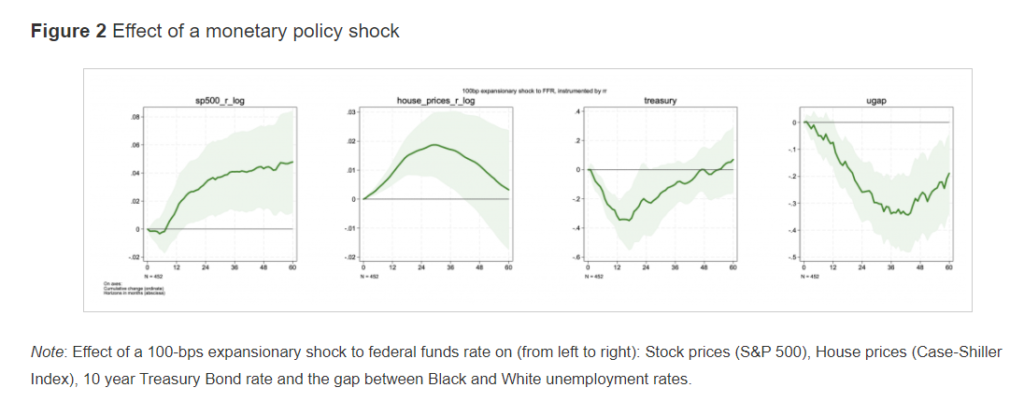Excerpt:
Judge J. Campbell Barker of the Eastern District of Texas, sided with plaintiffs who challenged the CDC’s eviction moratorium on Constitutional grounds. We’ve embedded the opinion for Terkel v. Centers for Disease Control and Prevention at the end of this post. Even though some will be inclined to dismiss the ruling as politically-motivated (Barker was a Trump nominee), recall that it was the Trump Administration that first launched the eviction freeze. It initially ran through December 31, and covered tenants who gave their landlord a declaration attesting that the made less than $100,000 a year, had suffered a large hit to their income, were seeking assistance and would pay as much rent as they could. The Biden Administration planned to extend the moratorium to the end of March.
Bear in mind that the eviction halt dumped the cost of keeping coronavirus-whacked workers housed on landlords, rather than having the government provide income or rental subsidies.
Before we turn to the reasoning of the ruling, keep in mind that Judge Barker did not issue an injunction against the CDC’s moratorium, since the CDC apparently made noises at trial that they’d withdraw the moratorium if they lost. However, Barker told the plaintiffs they could come back and seek an injunction if the CDC didn’t play nice. There is no indication yet as to whether the Administration will appeal.
Author(s): Yves Smith
Publication Date: 26 February 2021
Publication Site: naked capitalism
